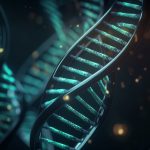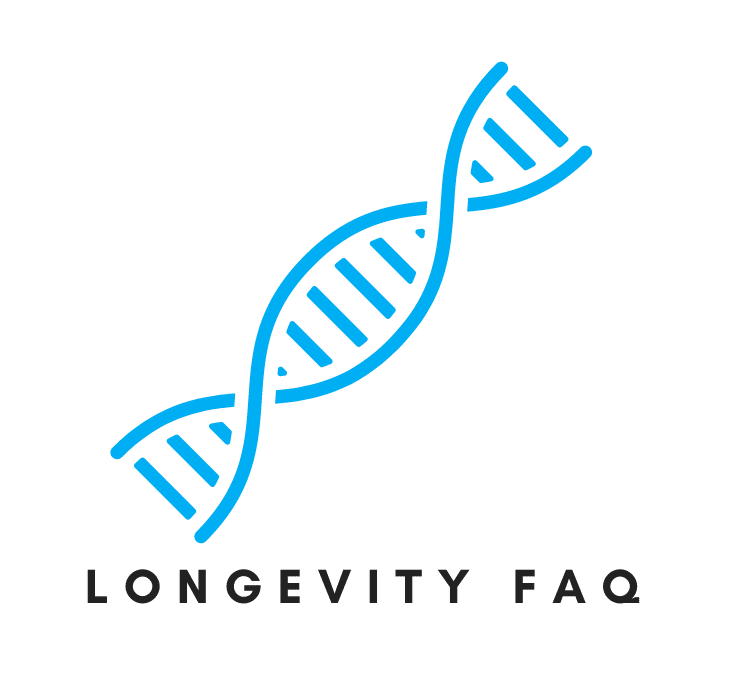
Gene expression is a fundamental process in which the genetic information stored in DNA is converted into functional proteins, essentially bringing genes to life. British molecular biologist Francis Crick first introduced the concept of gene expression in the early 1960s as part of the central dogma of molecular biology, which outlines the flow of genetic information from DNA to RNA to protein.
The role of gene expression in aging is a critical area of study in longevity research. As organisms age, various changes occur in gene expression patterns, leading to a decline in cellular function, increased vulnerability to diseases, and, ultimately, aging. Understanding how gene expression is regulated and identifying genes closely associated with aging can lead to interventions and treatments to slow or reverse aging.
Manipulation of Gene Expression for Longevity
Genes can be manipulated through environmental factors and advanced technologies to alter gene expression, potentially impacting an individual’s health, aging, and other biological aspects. Environmental factors, such as diet, exercise, and exposure to toxins, can cause epigenetic changes – modifications to the DNA molecule without altering the underlying genetic sequence. These changes can influence gene expression, activating or silencing specific genes, affecting various biological processes and overall health.
Emerging technologies, such as CRISPR (Clustered Regularly Interspaced Short Palindromic Repeats), allow for more precise and targeted manipulation of gene expression. CRISPR is a revolutionary gene-editing tool that enables scientists to add, delete, or modify specific genes within an organism’s genome. Using a molecule called RNA and an enzyme called Cas9, CRISPR can be programmed to target and edit particular genes, ultimately altering their expression. This technology holds immense potential for understanding the role of specific genes in aging and developing treatments for age-related diseases.
Groundbreaking Research on Gene Expression
Some groundbreaking research studies in the field of gene expression and aging include:
- The discovery of the insulin/IGF-1 signaling pathway and its impact on aging in C. elegans (Kenyon et al., 1993)
- Identification of the SIRT1 gene, a key regulator of lifespan in yeast, worms, and flies (Guarente, 2000)
- The role of the mTOR pathway in regulating lifespan and metabolism in various organisms (Kapahi et al., 2010)
- The role of telomere length and telomerase activity in cellular senescence and aging (Blackburn et al., 2006)
Books that Discuss Gene Expression as it Relates to Longevity
Several books on longevity discuss the concept of gene expression in relation to aging, including:
- “The Telomere Effect” by Dr. Elizabeth Blackburn and Dr. Elissa Epel explores the role of telomeres in aging and overall health.
- “Lifespan: Why We Age—and Why We Don’t Have To” by Dr. David Sinclair delves into the molecular mechanisms of aging, including gene expression and epigenetics
- “The Longevity Paradox” by Dr. Steven Gundry discusses how changes in gene expression can impact the aging process and offers strategies to optimize health and longevity.
- “The Longevity Code” by Dr. Kris Verburgh examines the latest scientific developments in aging, gene expression, and potential interventions to extend the lifespan.
Introduction Video to Gene Expression
Checking Youtube and found the best introduction video explaining gene expression, it’s worth a watch if you are interested in learning more.
